Ultrasonic biofouling protection
Dr Sasha Heriot, product development business manager at Cathelco, outlines the environmental significance of biofouling management in superyacht operations…
Biofouling is the rapid accumulation of aquatic organisms like microorganisms, plants, algae and marine animals on submerged vessel parts, such as the hull. This build-up creates friction and leads to increased drag and emissions, while also decreasing speed, causing corrosion and leading to structural damage.
From the moment a superyacht touches the water, the biofouling sequence begins, with algae forming within hours. If left untreated, this micro-fouling creates an environment for macro-fouling to form, attracting barnacles and muscles. In addition to the impact this has on the superyacht itself, biofouling can have adverse effects on marine habitats, particularly when non-native organisms detach from the vessel and endanger indigenous species, especially in sensitive regions like Australia and California. Fortunately, early intervention can mitigate all of these effects.
The International Maritime Organization (IMO) recognises biofouling management as pivotal in achieving decarbonisation objectives, citing it as a key optimisation element for its Carbon Intensity Calculator (CII). In line with these efforts, the Superyacht Carbon Intensity Index (SCII), developed by Blue ESG in collaboration with Lloyd’s Register, serves as a toolkit for superyachts to attain MARPOL VI – CII compliance. The SCII applies to yachts above 400gt, offering guidance for operators aiming to align with global emission reduction initiatives while demonstrating voluntary commitment and green credentials.
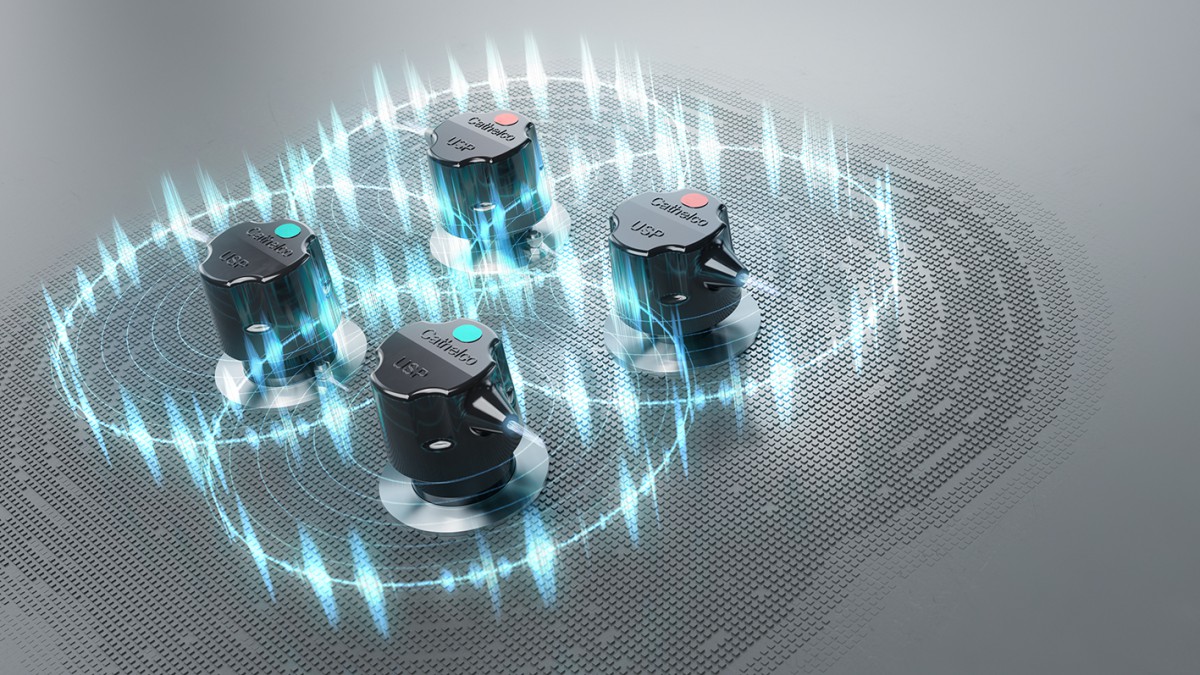
Cathelco® USP DragGone™
Traditionally, antifouling paints and manual cleaning have been employed to manage hull fouling, but these methods are labour-intensive, expensive and reactive, requiring regular maintenance and inspections. Manual cleaning, either in dry dock when the vessel is taken out of service, or while anchored using robots or divers – which has potential safety implications – result in significant downtime and operational disruptions.
Conventional solutions such as marine growth prevention systems (MGPSs) eliminate the settlement of biofouling organisms on the ship’s interior piping systems. However, MGPSs mainly protect against macro fouling, whereas ultrasonic antifouling systems have proven effective in protecting at an earlier stage, against micro-fouling.
This is where ultrasonic antifouling systems offer a proactive solution, complementary to anti-fouling paint. Ultrasonic protection technology, such as Cathelco’s patented USP DragGone solution emits ultrasonic waves that disrupt biological attachment to hull surfaces. By preventing biofouling from the outset and ensuring vessel cleanliness from day one, owners can improve performance and reduce environmental impact.
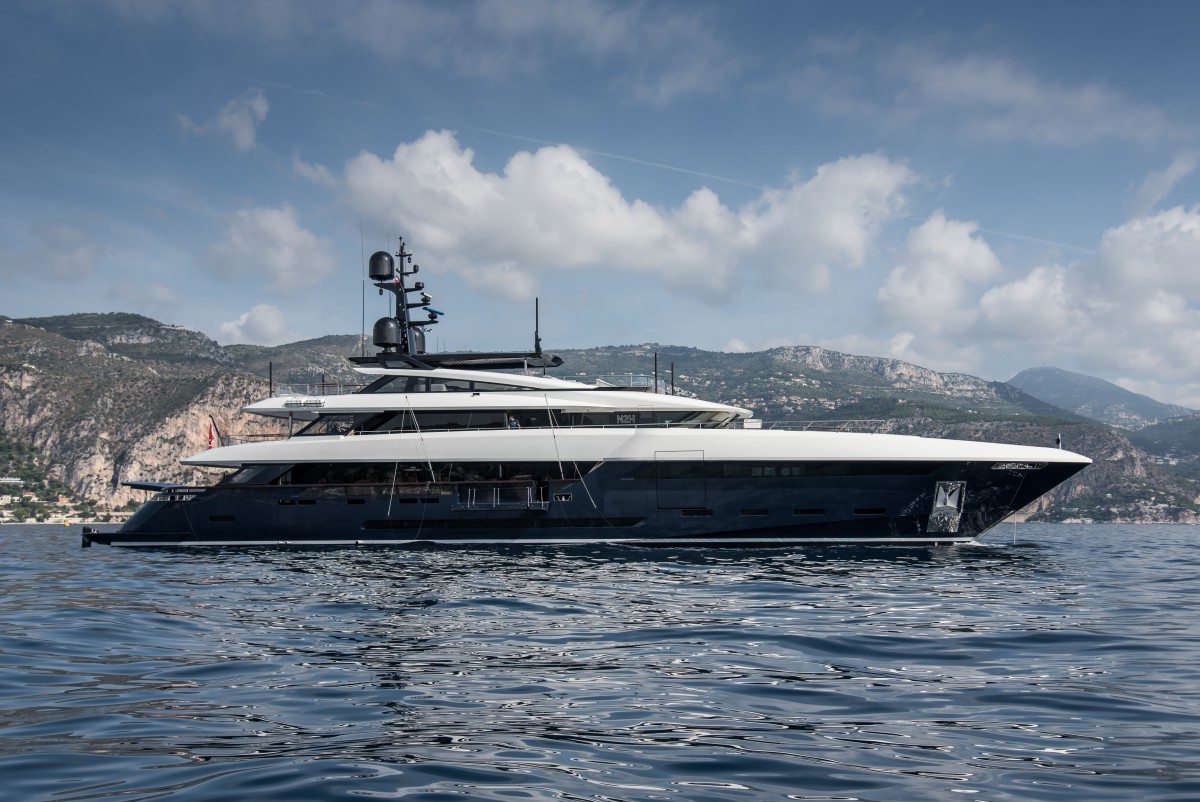
Pilot installation has been made on Rossinavi’s N2H
Its effectiveness lies in its technological differentiators: guided wave and heterodyning. Guided wave technology enables longer wave travel distances, reducing the need for transducers by up to 60 per cent. Strategic placement of transducers ensures full hull coverage without the need for ‘hot work’. And heterodyning facilitates the generation of multiple frequencies, providing comprehensive protection against the full range of fouling species.
Research projects and case studies, including successful pilot installations on vessels like the 50-metre yacht N2H operating in the Mediterranean, show that ultrasonic protection technology can enhance vessel performance and reduce emissions by up to 13 per cent.
Effective biofouling management is crucial for reducing friction, minimising fuel consumption and mitigating greenhouse gas emissions. With innovative technologies like ultrasonic protection, superyachts are better protected and environmental impact is reduced.
Profile links
NEW: Sign up for SuperyachtNewsweek!
Get the latest weekly news, in-depth reports, intelligence, and strategic insights, delivered directly from The Superyacht Group's editors and market analysts.
Stay at the forefront of the superyacht industry with SuperyachtNewsweek
Click here to become part of The Superyacht Group community, and join us in our mission to make this industry accessible to all, and prosperous for the long-term. We are offering access to the superyacht industry’s most comprehensive and longstanding archive of business-critical information, as well as a comprehensive, real-time superyacht fleet database, for just £10 per month, because we are One Industry with One Mission. Sign up here.
Related news
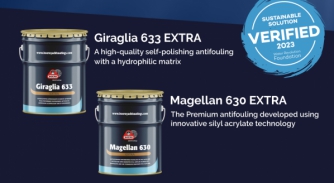
Boero YachtCoatings awarded WRF Sustainability Certificate
Boero Yachtcoatings showcases its two antifoulings verified as sustainable solutions by Water Revolution Foundation at The Monaco Yacht Show
Technology
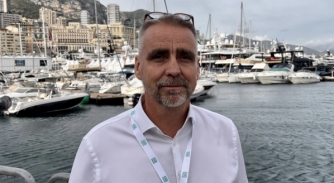
A greener future for the superyacht industry
The yacht industry urgently needs a consolidated approach to environmental index tools, says LR’s Engel-Jan de Boer
Owner
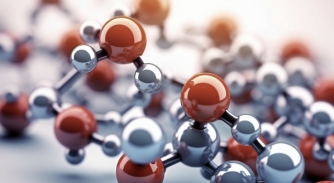
NOx and SOx
They may be an easy rhyming pair, but why are these two chemicals such an issue for the industry and the environment?
Technology

The birth of the real-life YETI
How Bram Jongepier’s 3am brainwave triggered serious progress towards more environmentally friendly yachting.
Owner
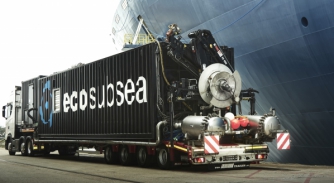
Biofouling goes deeper than fuel efficiency
Tor M. Østervold, CEO of ECOsubsea, discusses the biodiversity crisis and the superyacht industry's global responsibility
Technology
Related news
A greener future for the superyacht industry
2 years ago
NOx and SOx
2 years ago
The birth of the real-life YETI
3 years ago
Biofouling goes deeper than fuel efficiency
4 years ago
NEW: Sign up for
SuperyachtNewsweek!
Get the latest weekly news, in-depth reports, intelligence, and strategic insights, delivered directly from The Superyacht Group's editors and market analysts.
Stay at the forefront of the superyacht industry with SuperyachtNewsweek



